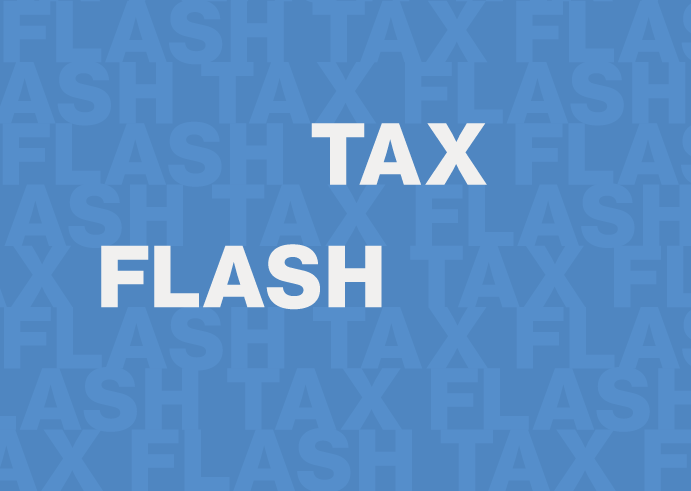Disposals of real estate by hobby corporations

The Administrative Court (VwGH) has recently dealt with the question of taxation of real estate sales by corporations for which the (main) source of income has been determined to be a hobby for income tax purposes.
A limited liability company sold real estate which it had previously rented out for years as a hobby business. Contrary to the opinion of the tax office, the Federal Fiscal Court (Bundesfinanzgericht, BFG) ruled that the capital gains were not taxable, as the sales were part of the hobby business and thus not taxable. The VwGH has now contradicted this opinion of the BFG:
Occasional case
The appeal proceedings, which have been pending since 2014, dealt with the fundamental question of whether the sale of real estate by a renting corporation, which is subject to income tax as a hobby, can nevertheless be subject to income tax. Can it therefore be the case that although the letting does not constitute a source of income for tax purposes, the sale of the real estate is subject to corporate income tax in the context of real estate income tax (ImmoESt)?
This addresses the issue of “non-business assets” of corporations, which has also been the subject of professional discussions for years in connection with the acquisition of so-called “luxury economic goods” by the corporation for persons close to the corporation.
Main statements of the Administrative Court and conclusions
If properties of a corporation are classified as “hobby properties” in view of the fact that they are determined to be hobby properties, this means that these properties are not part of the business assets of the corporation, but rather that they are held as “non-business assets” of the corporation.
Since the income of a corporation is derived from the total amount of income (section 7 (2) KStG), the provisions relating to real estate tax on “non-business assets” are also applicable (section 30 EStG).
Consequently, the sale of such real estate is always taxable, but the result of the sale is to be determined within the framework of real estate income tax (section 30 EStG), which is transformed (only via section 7 (3) KStG) into income from business operations.
The question remains open as to whether the determination of income follows the inflow-outflow principle applicable to real estate income tax, which is decisive for the time at which income arises.
It also remains unclear how to proceed with an allf loss offset in the event of the sale of a “non-business property” of the corporation. This is because the realisation of income in this respect is subject to a compensation restriction for natural persons (section 30 (7) EStG). The extent to which this can also be applied to corporations is questionable.
Conclusion
Although the Administrative Court has clarified the central question of the tax liability of property sales by corporations subject to hobby, some areas remain open. It therefore remains to be seen how this issue will develop further and how the tax authorities will deal with it.
